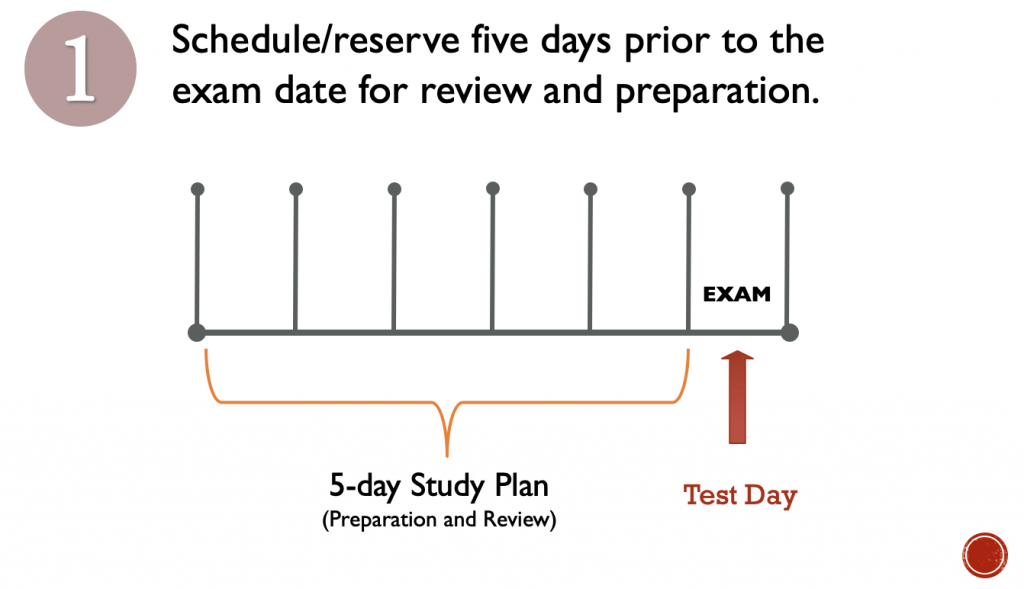Last semester I audited a course on Project Management, from University of Virginia. This is the second one on the same topic I’ve completed – just “for fun”. The reason I bring up project management is to help you realize that the concepts we learn in class are closer to the “real world” that you might think. On both of the mentioned courses professors have lectured on the four steps of the project management cycle: Initiate, Plan, Execute, and Close:
- Initiate
- Define project
- Set goals
- Define Success
- Plan
- Develop timeline
- Identify metrics
- Plan for obstacles
- Execute
- Track and monitor progress
- Mitigate and control risks
- Complete deliverables
- Close
- Deliver final product
- Evaluate process
- Sign off
If you go back and review the multi-step process of the self-regulation cycle you will notice that the strategies you are implementing in class are not too different from the “project management” skills you will be applying in the workplace and in your personal life.
The project management cycle is a useful tool to evaluate your academic goals and strategies, but in particular your progress towards the class project. In addition, some ideas could also be applied to the topic we are currently discussing: preparing for exams and the 5-Day Study Plan.
Preparing for Exams
This week we learned the fundamentals steps required for successful test preparation: learning about the test, learning about yourself, and learning about resources.
Like in project management, you need to start with the end in mind. It’s hard to prepare for a test if you are not fully informed about it. Here are a few things you should know ahead of time:
- Certainly, and the most obvious, the content
- The format (objective vs subjective)
- The value of each section, question, or problem
- The time allowed for completion
It’s very important to prepare for the format and type of questions you will answer in order to prepare effectively. Some questions can be answered with basic knowledge and understanding, but at the college level a large number of questions require application, analysis, synthesis, and evaluation, among others.

You also need to know about yourself. What strategies work best for you? How comfortable you feel with the class and the concepts? and Which learning approach is more appropriate for each particular test? In a previous post I shared some common myths and misconceptions about learning styles. It wouldn’t hurt to review those concepts to avoid some learning traps.
Finally, you need to know about resources available to help you succeed on the test. Are you taking advantage of campus tutoring? If you are still procrastinating, are you utilizing academic coaching services ? Will your professor offer a review session? Have you join or created a study group? Are you implementing effective motivation strategies? All these are important tools you must consider to succeed on you exams.
The 5-Day Study Plan
According to Van Blerkom, the Five-Day Study Plan provides you a mechanism to space your learning over a period of days, divide the material so you can work on it in small chunks, use active learning strategies to study the material, and use self-testing strategies to monitor your learning.
The steps are fairly simple:
- Schedule/reserve five days prior to the exam date for preparation and review.
- Divide your exam content in four equal parts and study the material in “smaller chunks” during the first four days of the 5-Day Plan (one chunk per day).
- Do a final review of ALL content on the final day of your 5-day study plan.
The following images are a visual representation of the 5-Day Study Plan:



Preparation vs. review
During your 5-Day Study Plan you need to implement a combination of preparation AND review strategies. For example: creating a set of flash-cards is a preparation strategy; testing yourself frequently on the content from the flashcards is a review strategy. Consult the class textbook and the lecture powerpoint in Carmen for examples of 5-Day study plans and a full list of review vs. preparation strategies. And here’s the link to another article I wrote about becoming a better test taker.
I’ve never been a fan of videos or resources that suggest to “study less”, but I’ll share this video any way because you can certainly focus on the part that says “study smart”.
Creating the balance
I mentioned earlier that knowing as much as you can about the test is a crucial strategy for positive test performance. This is important because successful test-takers must understand the balance between preparation and review strategies. On the following video you can learn some insights about the myths of becoming a “top” student while also learning about the importance of that balance between memorization, understanding and application.
